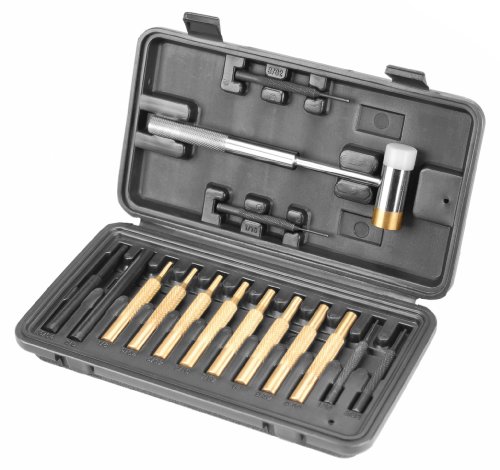I'm having a hard time comprehending polymers for the MD exam; the degree of polymerization, mers, etc. If it is a plug and chug problem, similar to the one in the 6MS book..I'm ok, but I am clueless on most of the others. It just isn't sinking in.
Does anyone have a link to a good study guide or something on the net...something that would provide more clarification than the few paragraphs in the MERM? I started searching but haven't found the right source yet.
I don't want to waste too much time on this topic but it concerns me being that it is in my depth area.
Does anyone have a link to a good study guide or something on the net...something that would provide more clarification than the few paragraphs in the MERM? I started searching but haven't found the right source yet.
I don't want to waste too much time on this topic but it concerns me being that it is in my depth area.





















